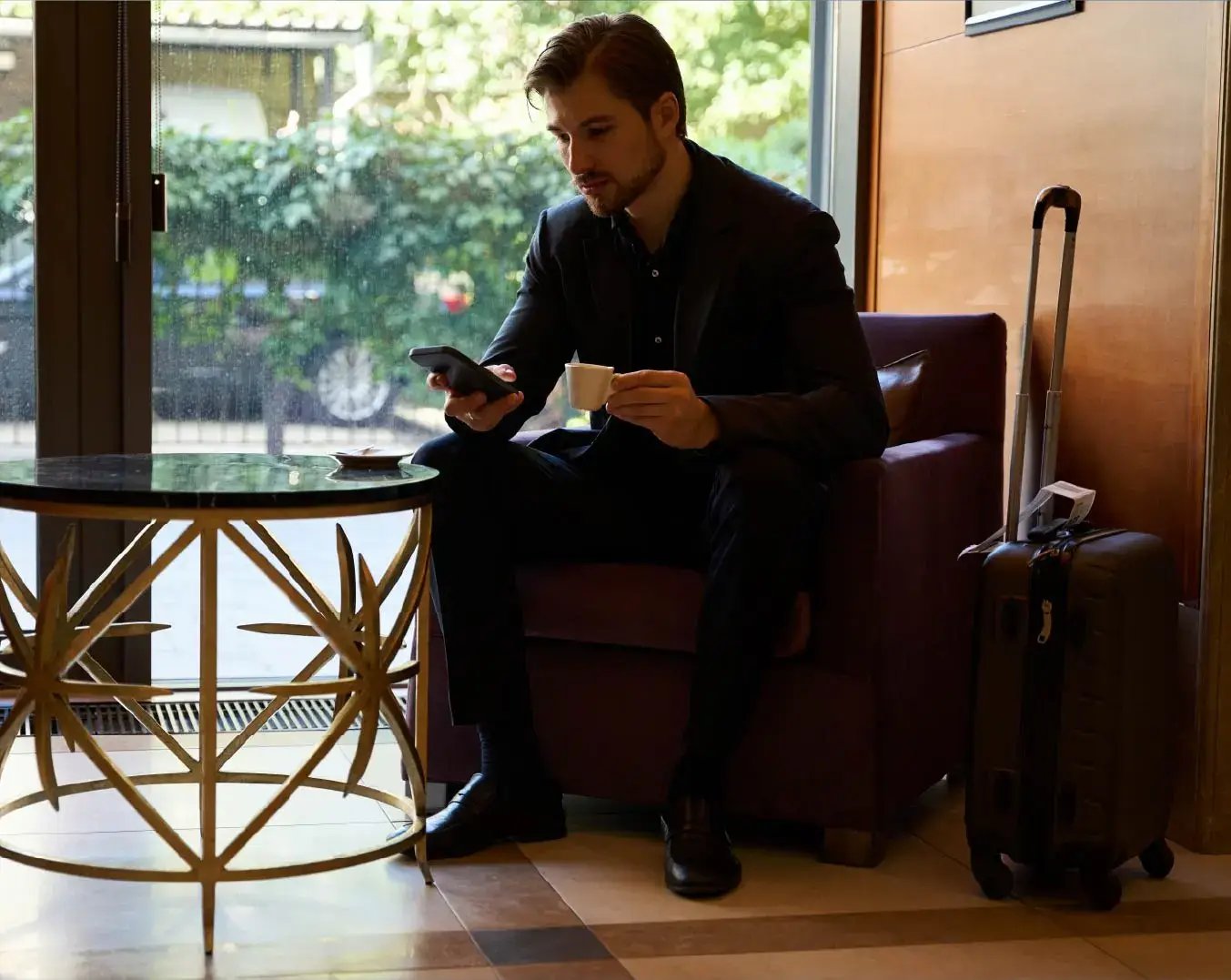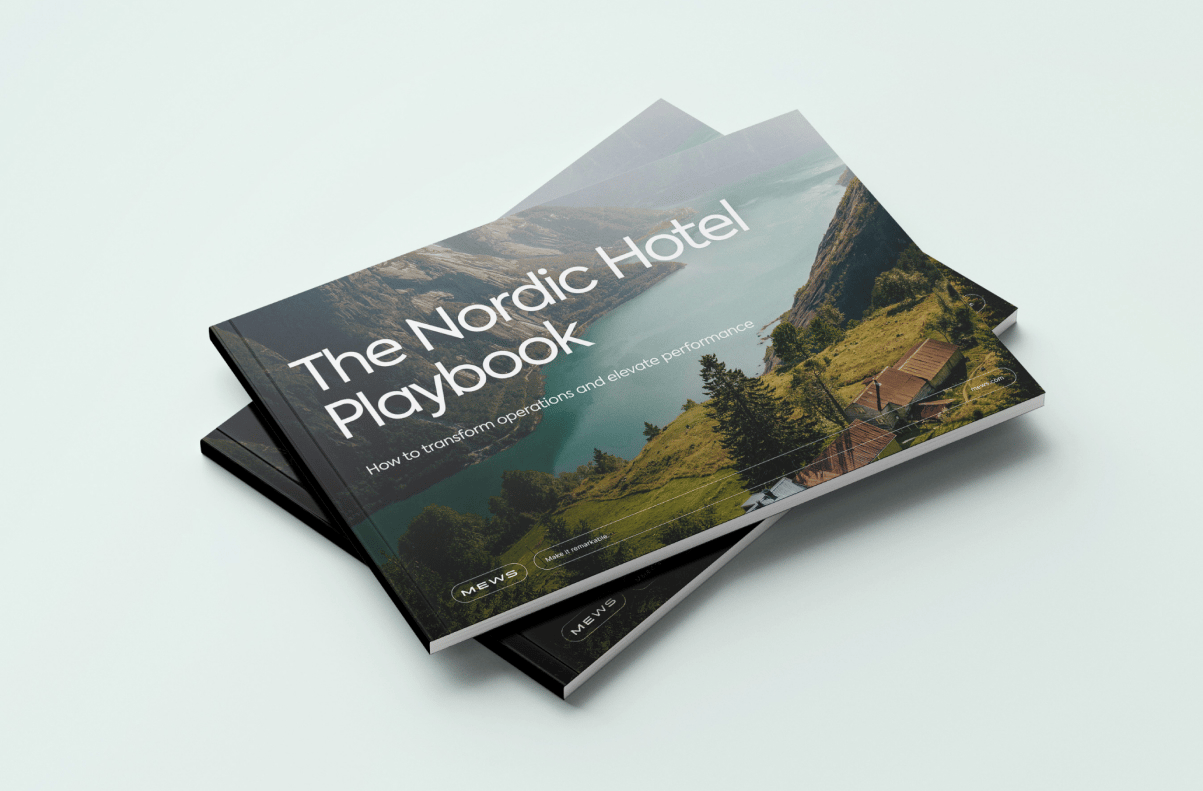Protecting hotel data is challenging, especially as hotel operations become more digitally forward. With hotels having access to and storing copious amounts of sensitive data – credit card details, ID numbers, and other personally identifiable data – they become prime targets for cyber-attacks and theft.
Data is the new digital currency, and with it comes an obligation to protect and safeguard your guest information. A data leak can impact your hotel's reputation and lead to financial losses. It's a complex subject, so let's look at the importance of protecting hotel guest data and the challenges data protection presents.
Table of contents
Why is protecting your hotel guest data so important?
Hotel guest data has a range of uses, from optimizing service, personalization, forecasting and building customer loyalty to increasing your hotel's bottom line. With so many uses in the hospitality industry, your hotel has a duty to protect it at all costs.
Imagine your hotel falls victim to a cyber-attack. What follows is serious crisis management and PR campaigns to improve your reputation. There's also a risk of sanctions and profit loss due to pausing your operations to manage the data breach or having to pay lawyers to handle a potential lawsuit.

8 data protection challenges in hospitality
By now, you should understand the importance of protecting hotel guest data. Next, here are some of the most common data security challenges.
Data protection compliance
Data protection standards have become stricter to meet the changing industry demands. European hoteliers must adhere to GDPR, which includes obtaining consent to send commercial communications and saying what data they're collecting and how they'll use it. California has a similar legislation called CCPA.
In any case, there should be a designated data manager, and you must allow guests to revoke access to their data at any point. Sanctions can be hefty, so abiding by the rules is vital. Learn the 5 things hoteliers should know about GDPR.
Cyber-attacks
An abundance of sensitive data makes hotels obvious targets for cyber-attacks. Through smartphones and Wi-Fi, people are constantly accessing data from anywhere, which could put your hotel at risk of a cyber-attack or a data breach. Whether it’s a phishing attempt, ransomware attack, malware, or a DOS attack, you should beware of hackers.
Inside threats
Employees or anyone with access to hotel systems and data may abuse their rights and get a hold of sensitive data, leading to security lapses or data leaks. These threats are mostly unintentional, but it's hard to see them coming even when it's not the case.
For this reason, make staff training a priority and restrict access without proper authentication as much as possible. Try giving as few people as possible access to crucial information. The more staff are aware of the cybersecurity protocols, the easier it will be to avoid inside threats.
Mobile devices
With users constantly logging into PMS and other hotel systems from their mobile devices, these are likely attack points for hackers. You can reduce this risk by only allowing the use of the PMS while on the hotel’s protected Wi-Fi and not allowing work phones out of the hotel premises. If the phone gets stolen, things can turn unpleasant for your hotel.
Enforce regular password changes and strong passwords, besides ensuring your staff knows how to safely use company devices.

Wi-Fi
Wi-Fi is necessary for just about everything. At the same time, it can pose a substantial risk to cyber security. Have your IT department configure the guest and hotel network separately, as this is often an entry point for cyber-attacks. Track your networks and regularly update passwords.
Payment processing
There are also many security threats in hotel payments, such as POS intrusions, hacking of the cloud, encryption problems, phishing, attacks on apps, third-party vendor problems and mobile attacks. Keep these threats in mind to find ways to secure payment processing as much as possible. Our advice: end-to-end encryption and 3D Secure authentication.
Third-party vendors
Many systems in the hospitality industry are outsourced – POS, PMS, cloud storage, booking systems, channel managers, etc. While these tools boost productivity and simplify operations, relying on third parties poses some risks. You can never be sure these providers practice the same due diligence as you. The best approach is to carefully select and audit these providers to ensure their security measures are up to your standards.
Carefully managing data at each stage
Data certainly has its lifecycle. Some guests will never stay with you again, while others may choose to revoke their data rights. Therefore, you must have a clear and safe way of successfully disposing of sensitive information. The process for collecting, storing, keeping, and disposing of data must be laid out clearly so that you can reduce the risk of a data breach.
Conclusion
We've looked at the importance of protecting hotel guest data and some of the challenges that come with it. Preventative measures are your best bet – being aware of potential threats and embracing approaches like double authentication. Training is fundamental as it prepares your staff to manage data and handle phishing attempts.
As a hotel, you should also regularly change passwords and back up essential data. By continuously monitoring the safety of your data, you're protecting your hotel's reputation.

Author
Eva Lacalle
Eva has over a decade of international experience in marketing, communication, events and digital marketing. When she's not at work, she's probably surfing, dancing, or exploring the world.
Hospitality hot takes straight to your inbox
Sign up to our monthly newsletter for industry insights, product news, partner updates and more.

The Nordic Hotel Playbook
Download now


.webp)